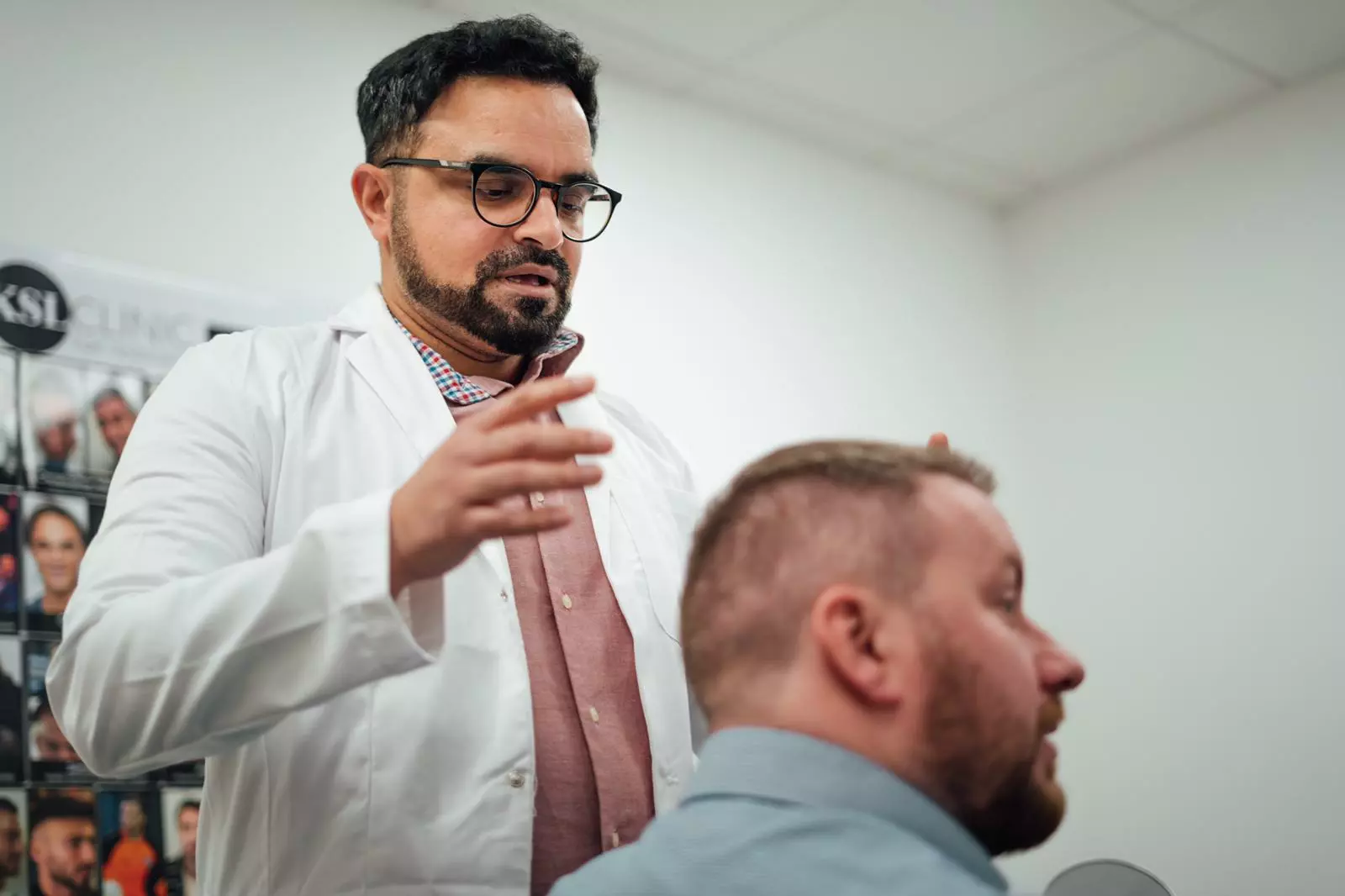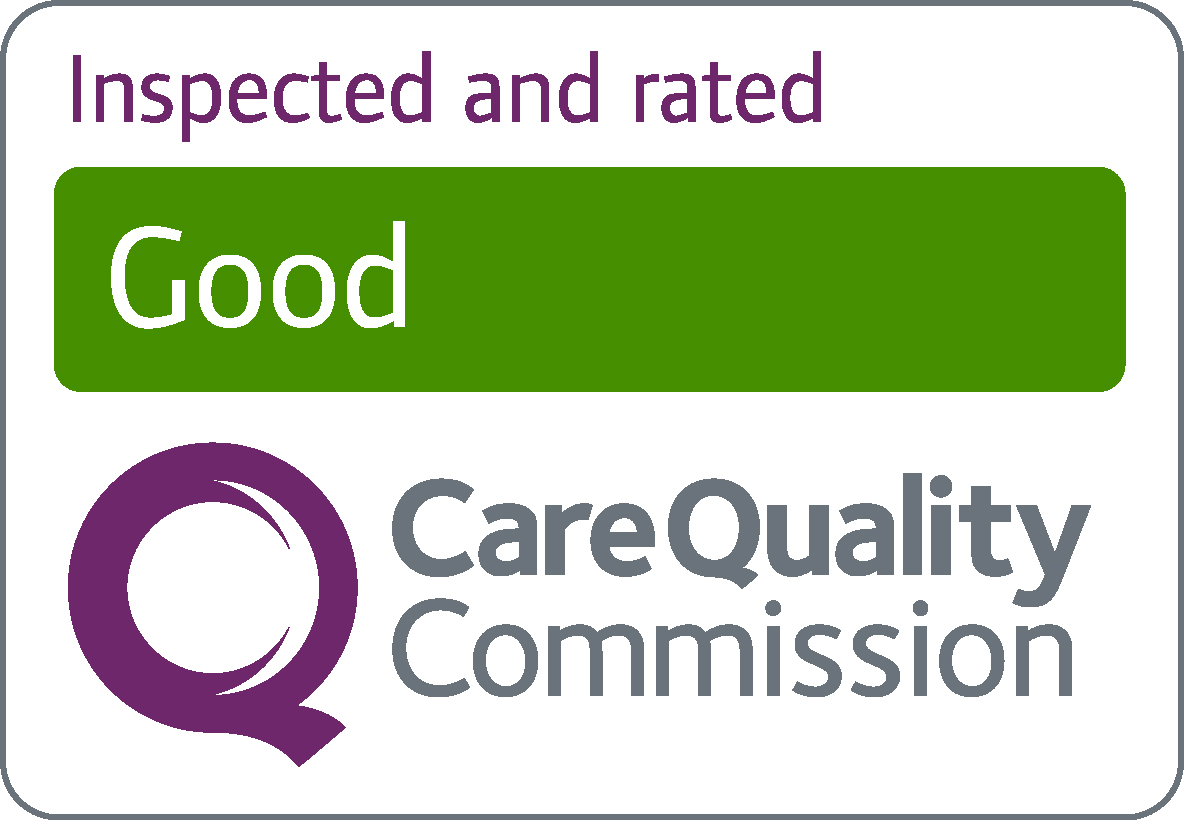Getting a hair transplant is an exciting process – but we totally understand that it can also be a rather confusing one. In particular, many patients find themselves confused about the recovery process. For optimal results, the recovery process requires you to take a couple of important precautions if you want to secure the best possible results – and that includes not touching the grafts for at least two weeks!
It’s important to not touch the new hair grafts during the recovery period. But why? From infections to dislodging the hair grafts, read on to find out why you should avoid touching your scalp after a hair transplant.
Why you shouldn’t touch your hair grafts after a hair transplant
When it comes to FUE hair transplants, the newly transplanted grafts are super delicate in the first 14 days following your treatment. In fact, they’re so delicate that they can actually fall out if they’re touched excessively, or if the treated area comes into contact with an abrasive or any type of friction.
This is why it’s incredibly important to avoid touching the transplanted area for at least 14 days once you enter the recovery period.
Let’s not also forget that the hands and fingers harbour bacteria like any other part of the body, so it would be easy to run your hands or fingers over your head and accidentally spread bacteria onto your new hair grafts. This could cause an infection, and potentially double your recovery time while impacting your results. That’s why touching grafts after hair transplants is a bad idea, and you should refrain from any contact for the first days of your treatment.
While it can be tempting to run a hand over your new hair grafts, remind yourself it’s only going to negatively impact the final result, and do something to distract yourself!
When can I touch my grafts after a hair transplant?
You should wait at least 14 days before touching your hair grafts following a hair transplant. This is because the hair grafts will have built sufficient strength during the recovery period that any movement or friction isn’t going to cause them to fall out.
It’s important to consider every hair transplant individually, as some people recover quicker than others. If you’re concerned that your scalp is pink, swollen, or if the scabs that cover the hair grafts don’t appear to be fully healed, contact us directly with any questions.
Can hair grafts fall out after a week?
The short answer? Yes. Hair grafts are vulnerable to falling out – if touched or if they experience friction – for up to 14 days following your hair transplant. This is because the hair follicle isn’t yet strong enough to withstand friction or tugging. That’s why it’s important to wash your hair with room-temperature water from a jug, and not blast your scalp with a hot shower.
However, after the 14 day period, no amount of friction is going to dislodge them. Some patients with lighter skin tones may experience a slight pink scalp after the two weeks (which is a positive, as this means there is good blow flow to the top of your head). Which will subside over the next few days – weeks.
How easy is it to dislodge hair grafts?
If you’re wondering how easy it is to dislodge hair grafts, everything will depend on the stage of your recovery process and how far along in the recovery process you are.
In the first 48 hours, your hair follicles are their most sensitive and delicate, and even a slight friction or swift brushing of the hair could result in the dislodgement of several hair grafts.
However, once the hair incisions have completely healed, your hair grafts become almost as solid and resistant as your natural hair. For this to be achieved, you must follow the given aftercare programme correctly and keep your hands away from your hair for 14 days.
How to wash my hair without touching it?
To wash your hair and keep your scalp clean during the recovery process, follow our KSL Clinic aftercare programme. Do not use a hair dryer or towel to dry your hair, let it dry naturally.
Want to know more about hair transplant in the UK? Visit us at one of our locations or contact us online.



